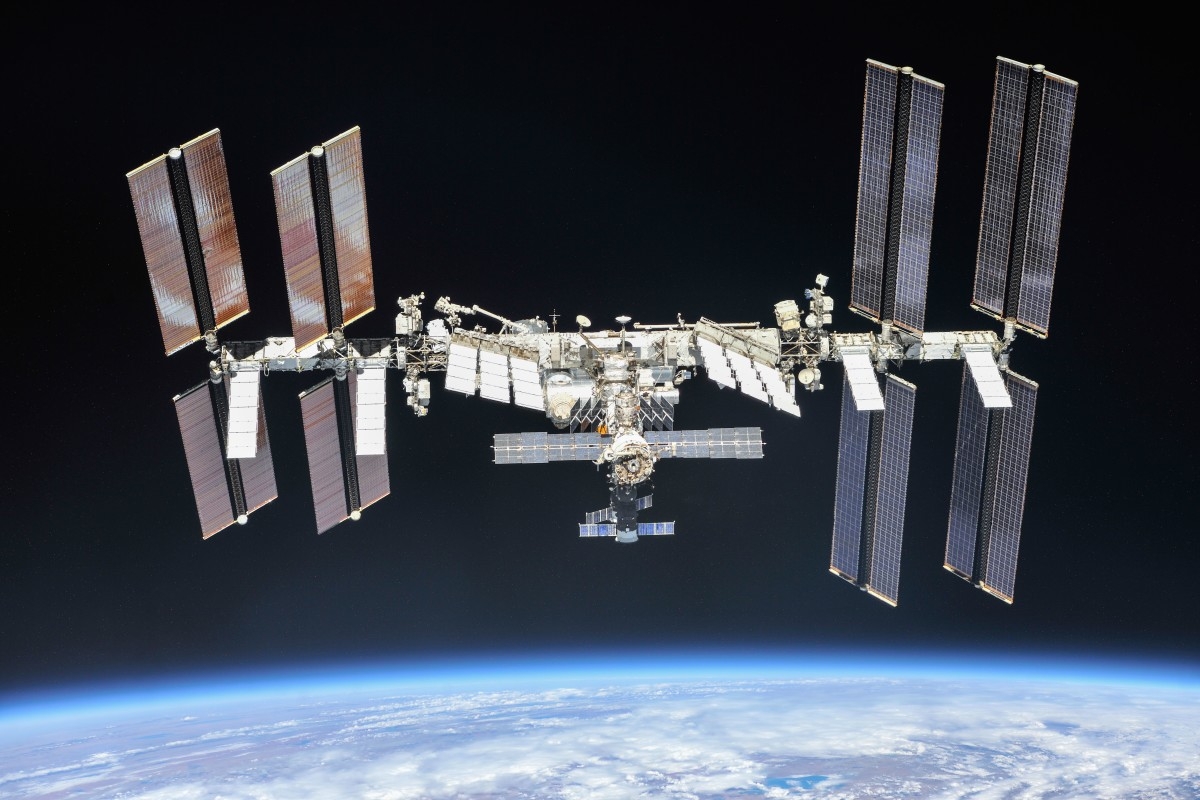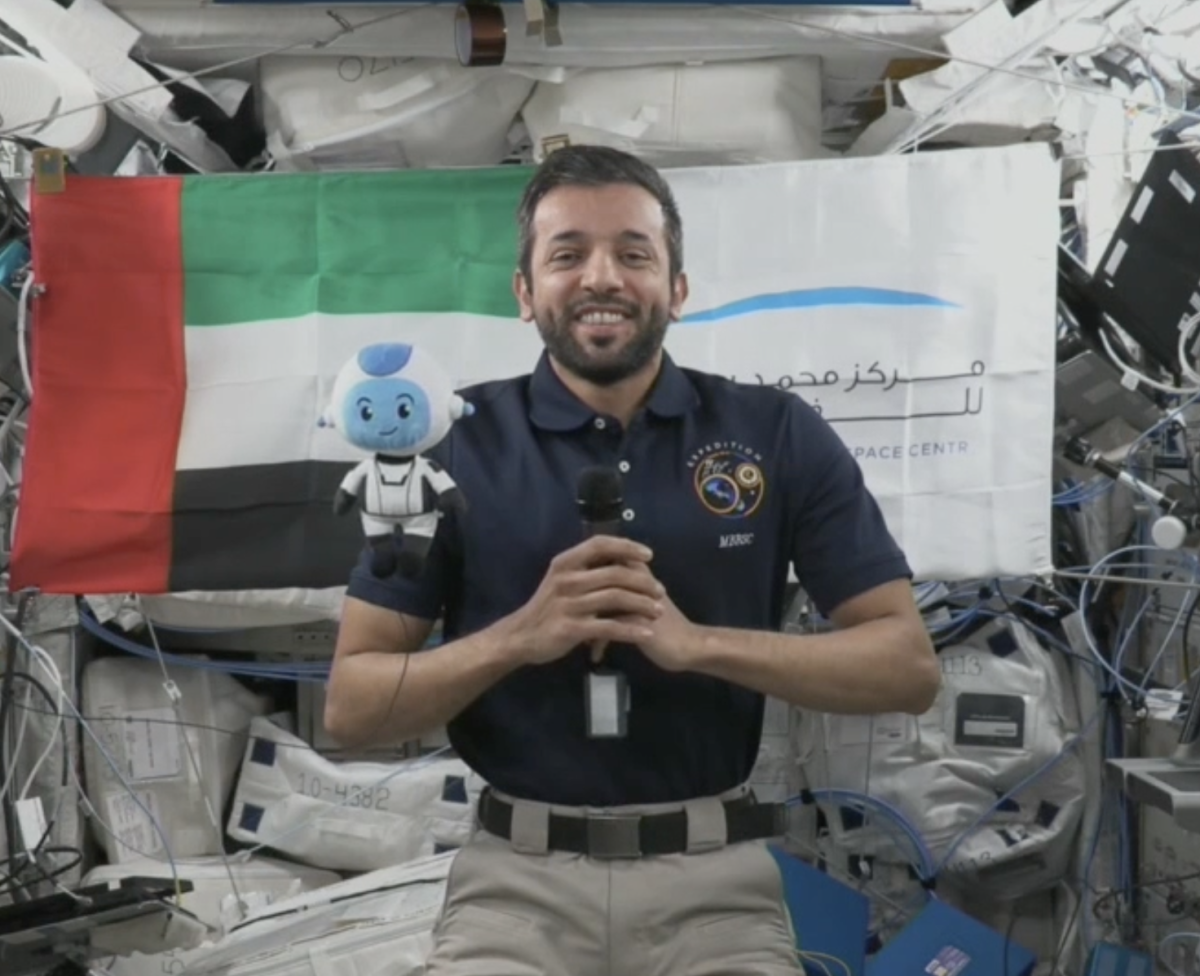The two leaders welcomed the participation of S N Bose National Centre for Basic Sciences as a member of the Quantum Economic Development Consortium…reports Asian Lite News
India and the US said they have started talks to put in place a strategic framework for human space flight by year-end as they plan to send an Indian astronaut to the International Space Station in 2024.
President Joe Biden also congratulated Prime Minister Narendra Modi on the historic landing of Chandrayaan-3 at the south polar region of the Moon and the success of Aditya-L1 solar mission.
“Determined to deepen our partnership in outer space exploration, ISRO and the National Aeronautics and Space Administration (NASA) have commenced discussions on modalities, capacity building, and training for mounting a joint effort to the International Space Station in 2024, and are continuing efforts to finalise a strategic framework for human space flight cooperation by the end of 2023,” said a joint statement issued after the 52-minute talks between the two leaders.
During Modi’s visit to the US in June, Biden had announced India and the US were collaborating to send an astronaut to the international space station in 2024.
“India and the United States also intend to increase coordination on planetary defence to protect planet Earth and space assets from the impact of asteroids and near-Earth objects, including US support for India’s participation in asteroid detection and tracking via the Minor Planet Center,” the joint statement said.
“Having set a course to reach new frontiers across all sectors of space cooperation, the leaders welcomed efforts towards establishment of a Working Group for commercial space collaboration under the existing India-U.S. Civil Space Joint Working Group,” the joint statement said.
It said the US reiterated its commitment to working together with India in the quantum domain, both bilaterally and through the Quantum Entanglement Exchange, a platform to facilitate international quantum exchange opportunities.
The two leaders welcomed the participation of S N Bose National Centre for Basic Sciences as a member of the Quantum Economic Development Consortium.
It was also recognised that the Indian Institute of Technology (IIT) Bombay joined the Chicago Quantum Exchange as an international partner.
Sharing a vision of secure and trusted telecommunications, resilient supply chains, and global digital inclusion, Modi and Biden welcomed the signing of a Memorandum of Understanding (MoU) between Bharat 6G Alliance and Next G Alliance, operated by Alliance for Telecommunications Industry Solutions, as a first step towards deepening public-private cooperation between vendors and operators.
They further acknowledged the setting up of two Joint Task Forces focused on collaboration in the field of Open RAN and research and development in 5G/6G technologies, the joint statement said.
“A 5G Open RAN pilot in a leading Indian telecom operator will be undertaken by a US Open RAN manufacturer before field deployment. The leaders continue to look forward to the participation of Indian companies in the U.S. Rip and Replace Program,” it said, adding that Biden also welcomed India’s support for a Rip and Replace pilot in the United States.
The two leaders hailed the signing of an Implementation Arrangement between the U.S. National Science Foundation (NSF) and Department of Biotechnology to enable scientific and technological research collaborations in biotechnology and biomanufacturing innovations.
Biden says he raised human rights, free press with Modi
President Joe Biden said on Sunday that in addition to the “significant business” done at the just-concluded G20 in India such as the rail-ship economic corridor extending from India to Europe, he was able to raise the “importance of respecting human rights … the vital role (of) civil society and a free press” in his bilateral meeting with Prime Minister Narendra Modi.
In a customary trip-ender news conference in Hanoi, the second leg of his tour of India and Vietnam. Biden was peppered with questions about China and President Xi Jinping, who had skipped the G20 meeting, and about Ukraine.
In his opening remarks, Biden thanked Modi’s “leadership and his hospitality and hosting the G20”.
He went on to speak about a part of the visit that was overshadowed by the G20 meeting — his bilateral with the Indian leader.
Biden said he and Modi had “substantial discussions about how we’re going to continue to strengthen the partnership between India and the United States, building on the Prime Minister’s visit to the White House last June”.
Biden had hosted Modi in a state visit, with the customary state dinner, which was the first for the Indian Prime Minister.
Biden then went on to say: “As I always do, I raised the importance of respecting human rights and the vital role that civil society and a free press have in building a strong and prosperous country with Mr Modi.”
The American President may have been trying to pre-empt an issue that has been regularly asked of him and his officials by the American press. In fact, Prime Minister Modi was asked about it himself in the rare news conference he did with President Biden during his June visit.
US officials have said they have not hesitated to raise these issues with their Indian counterparts but not in the manner of one country lecturing the other but as a shared challenge.
The reference is to efforts by former President Donald Trump and his supporters to subvert the 2020 presidential election and the January 6 insurrection, for which he has been indicted in two separate cases.
About the G20 meetings, the American President said: “This was an important moment for the United States to demonstrate our global leadership and our commitment to solving the challenges that matter most to people around the world to invest in inclusive growth and sustainable development, addressing the climate crisis, strengthening food security and education, advancing global health and health security.”
“We showed up ready to work and we showed the world the United States is a partner with a positive vision for our shared future,” he added.
Left unsaid was that unlike the US, China’s President Xi Jinping and Russia’s President Vladimir Putin did not show up demonstrating their lack of commitment to the G20 platform.
Xi, in fact, had attended the recent meeting of the BRICS in Johannesburg, South Africa, where the group admitted six new members, a move that was supported by China and Russia and not so much by India.
ALSO READ-World Bank Hails India’s Digital Leap in Financial Inclusion


